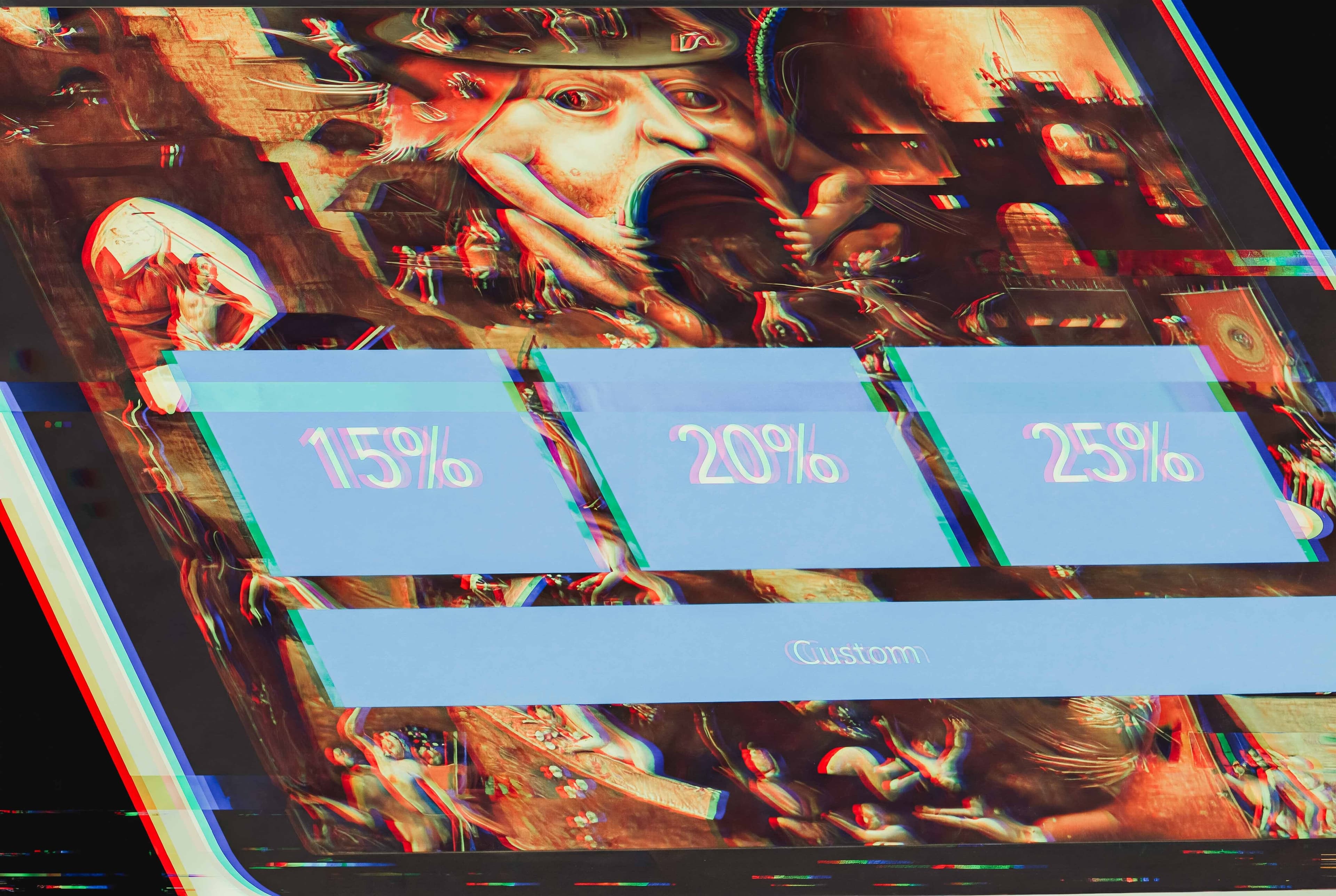Decades ago, when Wikipedia was making its transition from a for-profit venture owned by a web portal company called Bomis, which peddled early Internet content (including soft porn), few would have considered its content valuable in any real sense. Today, however, a Wikipedia article is a mark of high distinction, signaling a level of status and credibility that’s impossible to buy — almost.
Over the past two decades, as Wikipedia rose to the fourth most visited site online, a boomtown industry feeding an insatiable demand for services like article creation, editing, management and deletion has emerged. While the Wikipedia community, along with the Wikimedia Foundation, work to fight illicit “black hat” editing with undisclosed conflicts of interest, it’s a losing battle, with a seemingly unlimited supply of new front companies springing up to replace editor accounts and companies that get banned from the site.
But the white hat vs. black hat distinction — white-hat editing abides by the site’s regulations, like disclosing paid interests and not making direct edits to articles — sidesteps the real point: given the sheer scale of paid editing on Wikipedia, there’s a reasonable likelihood that any article with even the most remote economic interest will eventually be shaped by the entity that stands to benefit. The question this leaves us asking is whether we can really apply the historic term “encyclopedia” to a sprawling network of thousands of articles carefully pruned by the PR departments of billion dollar companies, or if Wikipedia is something else entirely.



